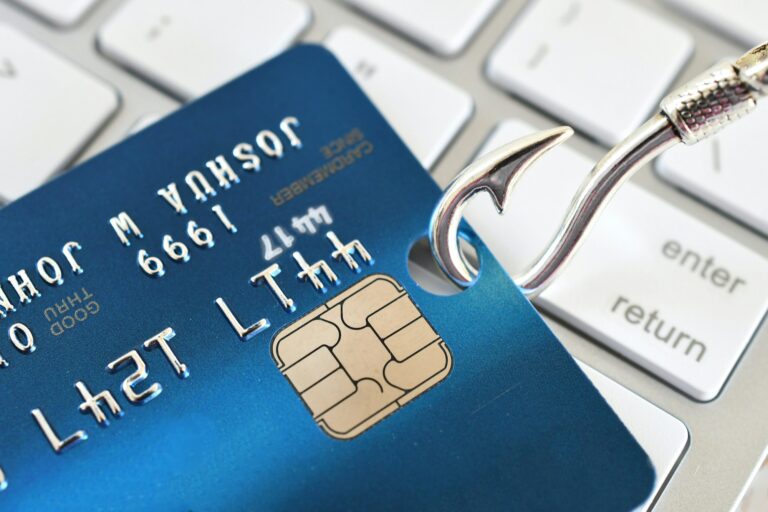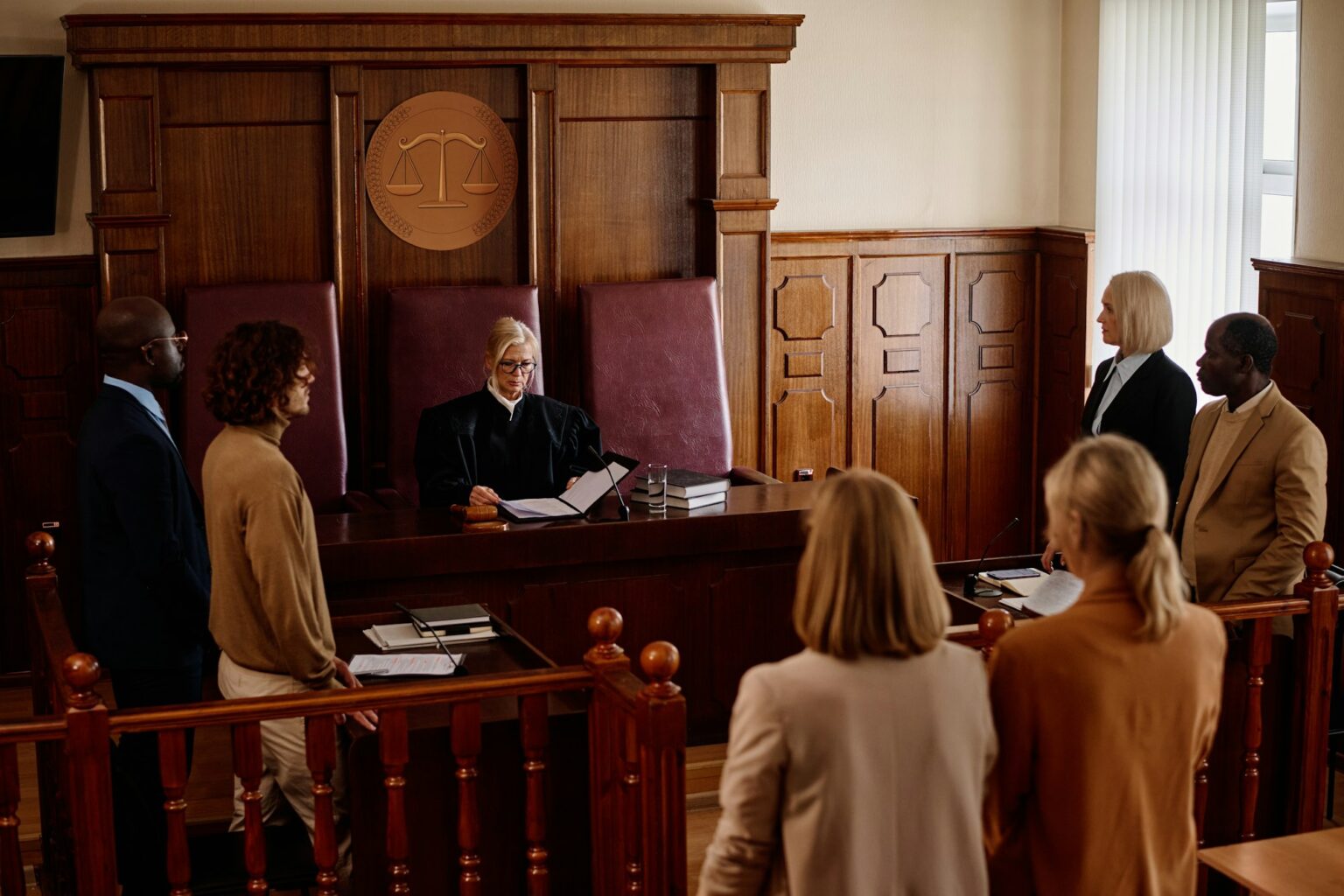
In the wake of losing a loved one, the last thing you want to worry about is identity theft. Unfortunately, criminals often exploit the vulnerability and administrative gaps following someone’s passing. Here’s how you can protect your loved one’s identity after they’ve passed away.
Understanding Posthumous Identity Theft
Posthumous identity theft occurs when a deceased person’s personal information is stolen and used fraudulently. Thieves may use the information to open new accounts, apply for loans, or commit other types of financial fraud. Protecting your loved one’s identity is crucial to preventing these violations.
Steps to Prevent Identity Theft After Death
1. Notify Key Institutions Immediately
Social Security Administration:
-
- Inform the SSA about the death to prevent misuse of the deceased’s Social Security number.
-
- This can typically be done by the funeral director as part of their services.
Credit Bureaus:
-
- Contact major credit bureaus (Equifax, Experian, TransUnion) to place a death notice on the deceased’s credit report.
-
- Request a copy of the deceased’s credit report to identify any existing accounts or potential fraudulent activity.
Financial Institutions:
-
- Notify banks, credit card companies, mortgage lenders, and other financial institutions of the death.
-
- Provide a copy of the death certificate to close or transfer accounts appropriately.
Insurance Companies:
-
- Inform life, health, and other insurance providers.
- Ensure all policies are claimed and closed.
2. Secure Personal Documents
Collect and Secure Documents:
-
- Gather important documents such as Social Security card, passport, driver’s license, and birth certificate.
-
- Store these documents in a secure location to prevent unauthorized access.
Shred Unnecessary Documents:
- Shred any sensitive documents that are no longer needed to prevent them from falling into the wrong hands.
3. Monitor and Close Accounts
Review Financial Statements:
-
- Regularly check bank statements, credit card statements, and other financial accounts for any suspicious activity.
-
- Close accounts that are no longer needed.
Deactivate Digital Accounts:
-
- Deactivate or memorialize social media accounts, email accounts, and other online profiles.
-
- Change passwords to prevent unauthorized access.
Protecting Against Fraudulent Activity
Place a Credit Freeze:
-
- Request a credit freeze from all three major credit bureaus to prevent new accounts from being opened in the deceased’s name.
Alert the IRS:
-
- Notify the IRS of the death to prevent tax-related identity theft.
- Be cautious of any suspicious tax filings or communications claiming to be from the IRS.
Common Signs of Posthumous Identity Theft
-
- Unexpected bills or collection notices addressed to the deceased.
-
- New credit card statements or loan applications in the deceased’s name.
- Unusual activity on existing accounts.
What to Do if Identity Theft Occurs
File a Police Report:
-
- Report the identity theft to your local police department. Provide them with all necessary documentation, including the death certificate and any evidence of fraud.
Report to the Federal Trade Commission (FTC):
-
- File a complaint with the FTC at IdentityTheft.gov. They can provide a recovery plan and help guide you through the process of resolving the theft.
Contact Creditors:
- Inform creditors and financial institutions about the identity theft. Provide them with a copy of the police report and work with them to resolve fraudulent transactions.
Conclusion
Protecting a deceased loved one’s identity is an essential step in managing their affairs and preventing further hardship during an already difficult time. By taking these preventative measures, you can safeguard their legacy and ensure that their personal information remains secure. If you need assistance with any legal aspects of managing a loved one’s estate, The Soliz Law Firm is here to help.
For further support and guidance, contact The Soliz Law Firm today. We’re committed to helping you through this challenging time with compassion and expertise.





